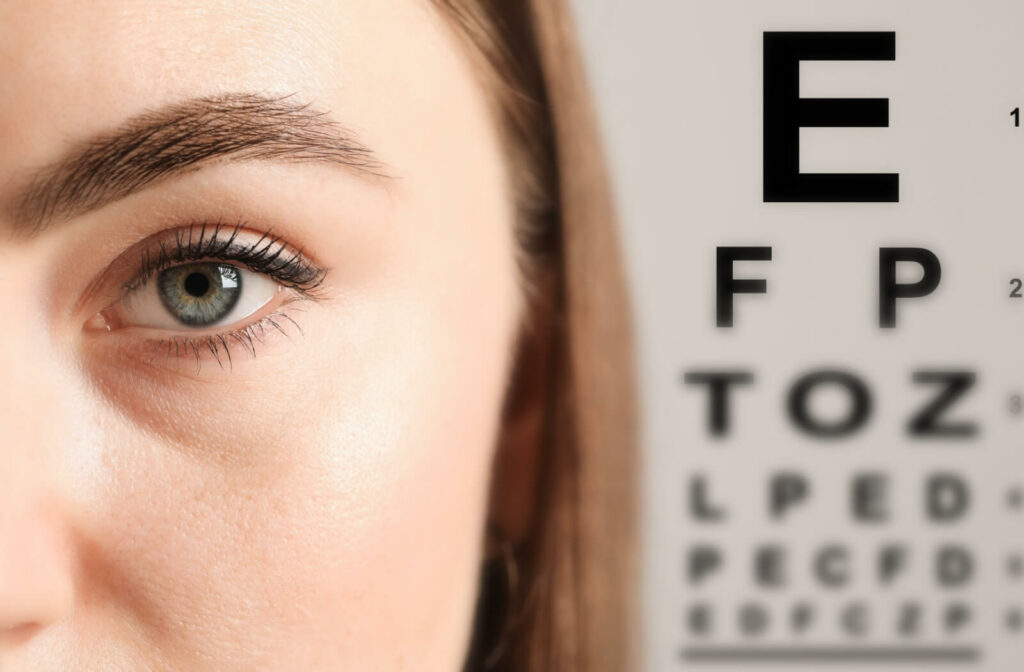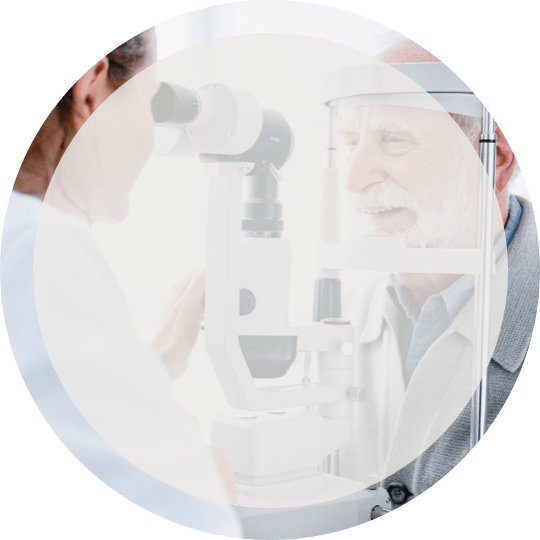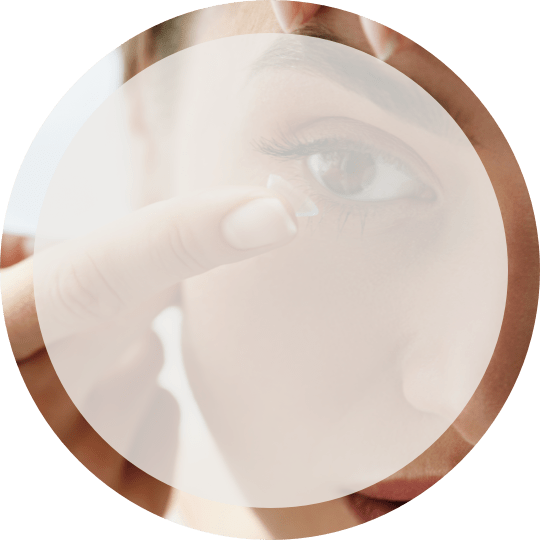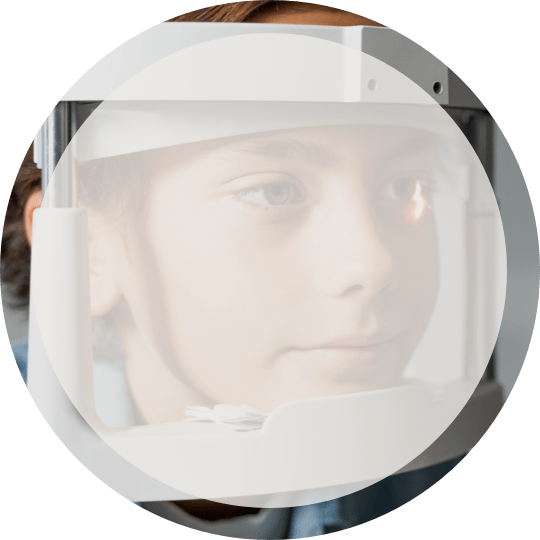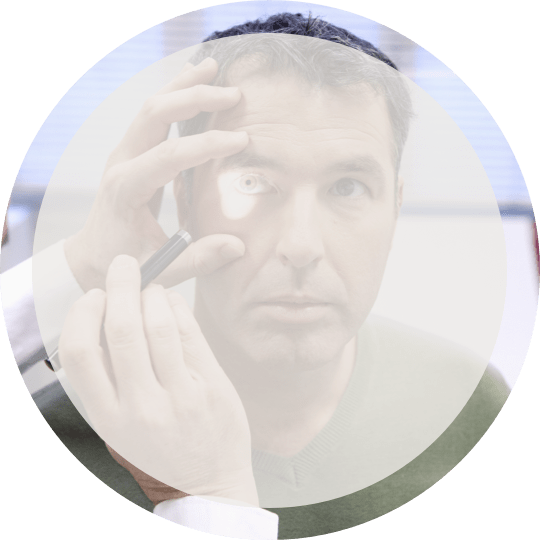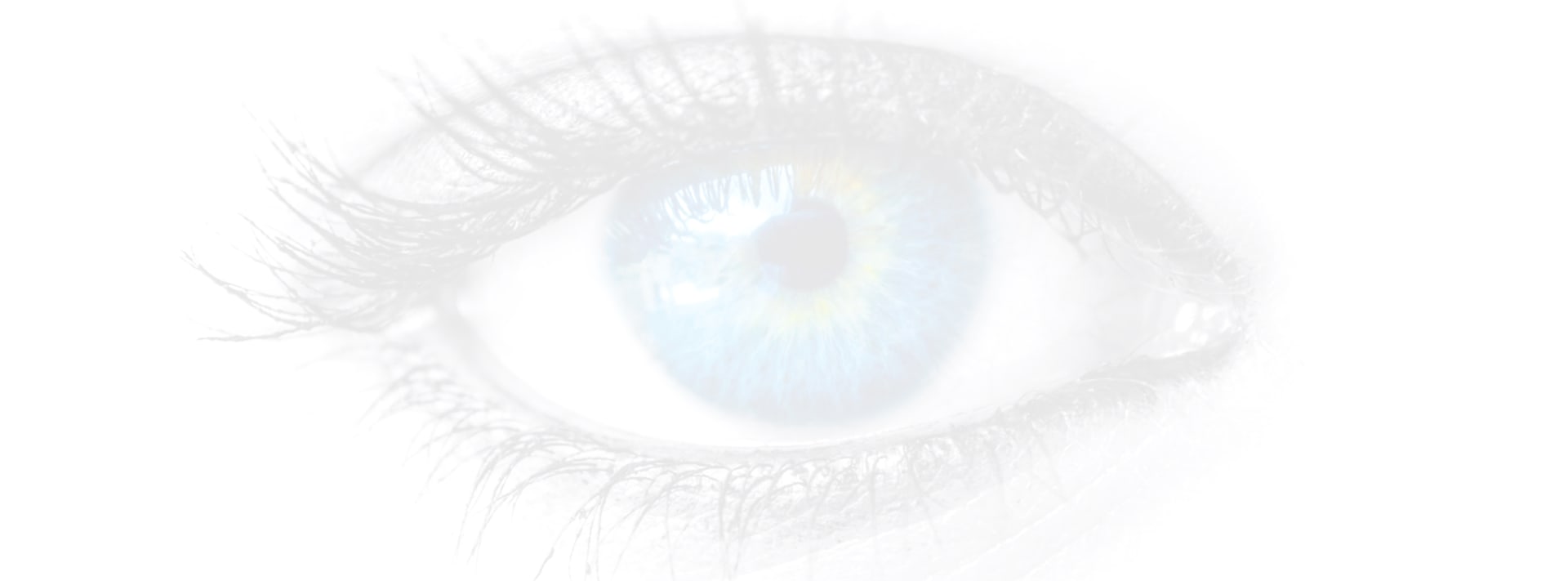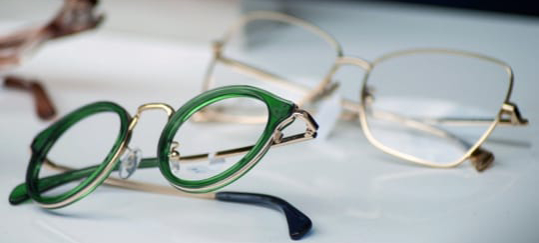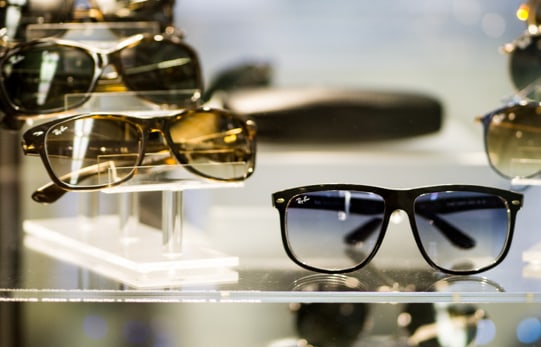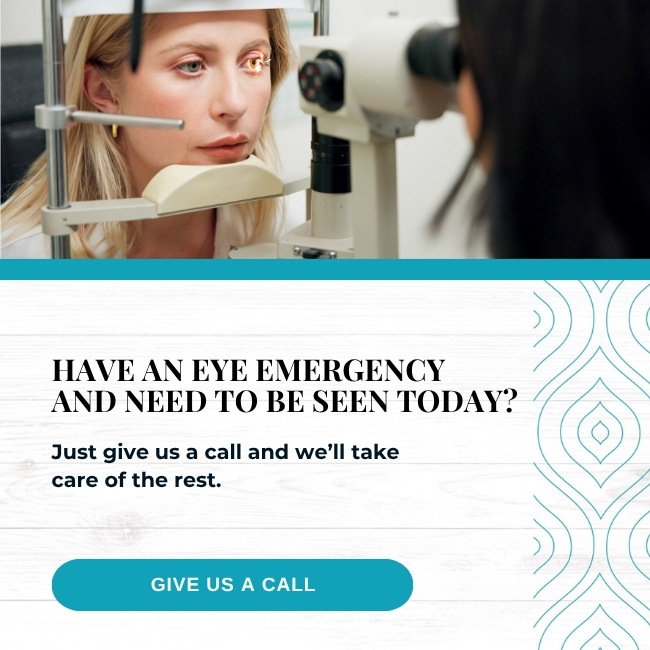Comprehensive eye exams are one of the easiest ways to stay ahead of potential problems. During your appointment, your optometrist searches for signs of all kinds of underlying conditions. Your eyes reveal hints of potential problems long before they affect your overall health. From nearsightedness to hypertension, the information these exams provide is invaluable.
Ideally, you should book an eye exam once a year. Your optometrist can monitor any changes and address them before they cause long-lasting damage. Then, they’ll give you an up-to-date prescription so you can continue enjoying the clear, comfortable vision you deserve.
Why Eye Exams Are So Important
Eye exams aren’t just about updating your prescription. They’re also essential for checking your overall eye and vision health. Many serious eye conditions, like glaucoma, often show no symptoms in their early stages. By the time noticeable symptoms appear, irreversible damage may have already occurred. Regular exams help catch these issues early when treatment is most effective.
Through a series of different tests, we’ll look for signs that something’s wrong. They can examine the different structures inside your eye, from the lens to the optic nerve, to watch for different eye conditions and medical problems.
These exams are a critical part of a proper healthcare plan. Even if you don’t wear glasses or contacts, routine checkups can catch hidden problems that might otherwise go unnoticed.
What to Expect During an Eye Exam
If it’s been a while since your last checkup, don’t worry. Eye exams are straightforward, and they typically take less than an hour.
First, we’ll talk about your medical history. If you’ve noticed anything odd lately, like vision changes or discomfort, make sure to let us know. We’ll use this information to customize the exam to your specific needs.
Tests Involved in an Eye Exam
Then, we’ll work through a series of tests. These include:
- Checking your visual acuity by reading letters on an eye chart.
- Measuring the pressure inside your eyes to check for signs of glaucoma.
- Examining the health of your retina and optic nerve using specialized tools.
- Testing how well your eyes work together and assessing your peripheral vision.
Then, we create your new prescription. We’ll talk about what we’ve found and give you personalized advice for maintaining clear, comfortable vision. If you’re planning to buy new frames, our optician can help you find the perfect pair.
How Often Should You Update Your Glasses?
If you rely on glasses every day, they are more than just an accessory. They are a key part of your routine and directly impact your quality of life. Most people wear their glasses for 16 hours a day or more, so it is natural for them to experience wear and tear over time. It is just like your favorite pair of shoes. After a year of regular use, even the best ones start to show signs of aging.
That is why it is important to visit your optometrist at least once a year. These exams help us catch even the smallest shifts in your prescription. If you are noticing blurry vision, eye strain, or frequent headaches, your current lenses may no longer be meeting your needs and it could be time for an update.
Why Do Glasses Prescriptions Expire?
Your prescription doesn’t last forever. Over the years, your eyes naturally change. Shifts in lifestyle, underlying health concerns, and even age-related adjustments all lead to changes in clarity. These can sometimes creep up on you without warning—which is just one more reason why regular eye exams are so important.
You can recognize an expired prescription by:
- Blurred or fuzzy vision when wearing your glasses
- Difficulty focusing on objects at certain distances
- Increased eye strain or discomfort
- Frequent squinting to see clearly
- Headaches after extended periods of wearing your glasses
If you’re experiencing these symptoms, don’t wait for your annual appointment. Instead, book your next eye exam sooner rather than later so that you can maintain your everyday comfort.
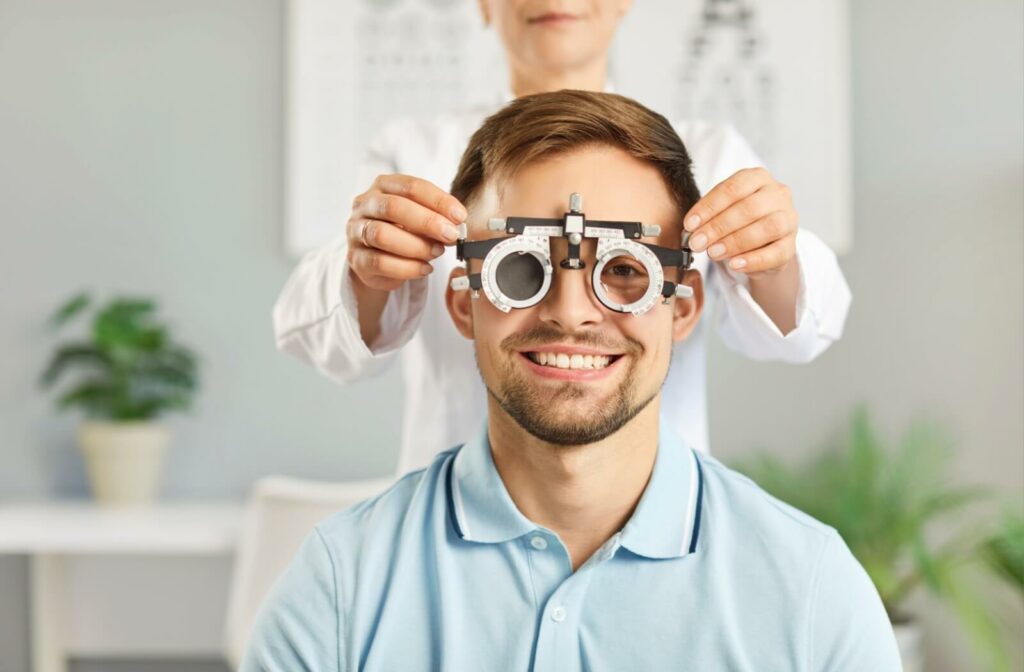
How to Tell if It’s Time to Replace Your Glasses
Even if your prescription is correct, your glasses can wear out over time. Everyday use can lead to wear and tear, and there may be a point at which you need to replace them.
Some common signs you need to replace your glasses include:
- Scratches on the lenses that don’t clean away easily.
- Frames that are loose, bent, or uncomfortable to wear.
- Worn-out nose pads or glasses that slip easily out of place.
- Foggy vision, even after thorough cleaning.
If you notice any of these issues, it’s time to replace your glasses.
Tips for Keeping Your Glasses in Good Shape
Proper care goes a long way in keeping your glasses in top condition between exams. A few small habits can save you from premature wear and help your lenses last longer.
Here’s how to maintain your glasses:
- Always store them in a protective case when they aren’t in use.
- Use a microfiber cloth and lens-friendly solution to clean your lenses.
- Place your glasses frame-side up to prevent scratches.
- Check for loose screws regularly and tighten them using a small screwdriver.
- Use both hands when putting on or taking off your glasses, which keeps the frames aligned.
By taking these steps, you can make the most of your glasses while avoiding unnecessary damage.
It’s Time to Prioritize Your Vision
Eye exams aren’t just about how well you see. They’re about preserving your quality of life and catching potential problems before they worsen. By staying on top of regular eye exams and caring for your glasses, you’re setting yourself up for years of clear, healthy sight.
And don’t worry—our team at Family Vision Care is here to help. Together, we can keep your eyes and vision in excellent shape, just like you deserve. Book your next eye exam with our team today, and let us help!


